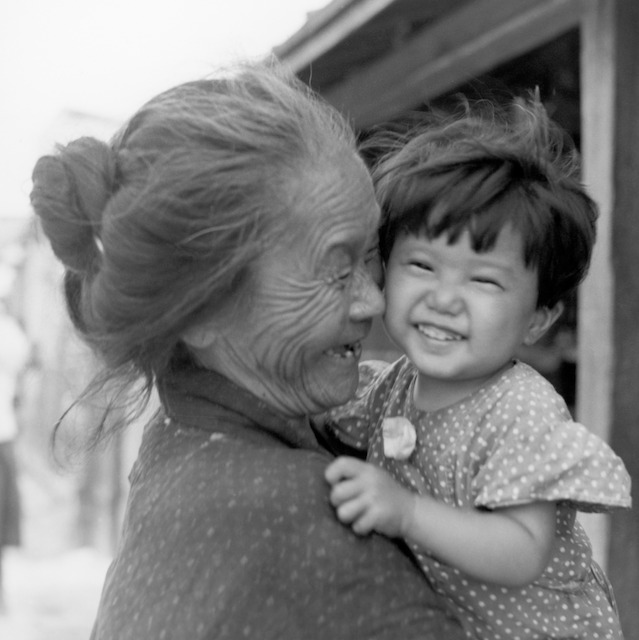Transformed by occupation
Okinawa, a tiny speck in the vast Pacific Ocean, plays an outsized role in American history. For 75 years, since the end of World War II, the United States has occupied this smallest of the five main islands of Japan with a string of strategically significant military bases.
The consequences of this occupation are the focus of the Okinawa Memories Initiative, a sprawling oral history project led by associate professor of history Alan Christy. The work aims to document and understand the dramatic social changes that occurred as Okinawan society rapidly transformed from very traditional to very modern.

The research chronicles, for example, the impact of a surge in high-tech entertainment and media services. Based on this business focus, Naha, the island’s main city, is poised to become a major driver of the Japanese economy over the next decades, Christy said. “The media environment is incredible for a place its size,” he said.
The project, which began with the donation of a cache of photographs taken by Charles Eugene Gail, an American military officer stationed on Okinawa in the early 1950s, has since broadened its scope to encompass the entire occupation, from 1945 to the present. To uncover the personal stories of Okinawans during this time of major transformation, Christy and collaborators use interviews, photographs, and archival records found in both Okinawa and Washington, DC. “The changes that happened here are historically significant, and well worth understanding,” Christy said.

